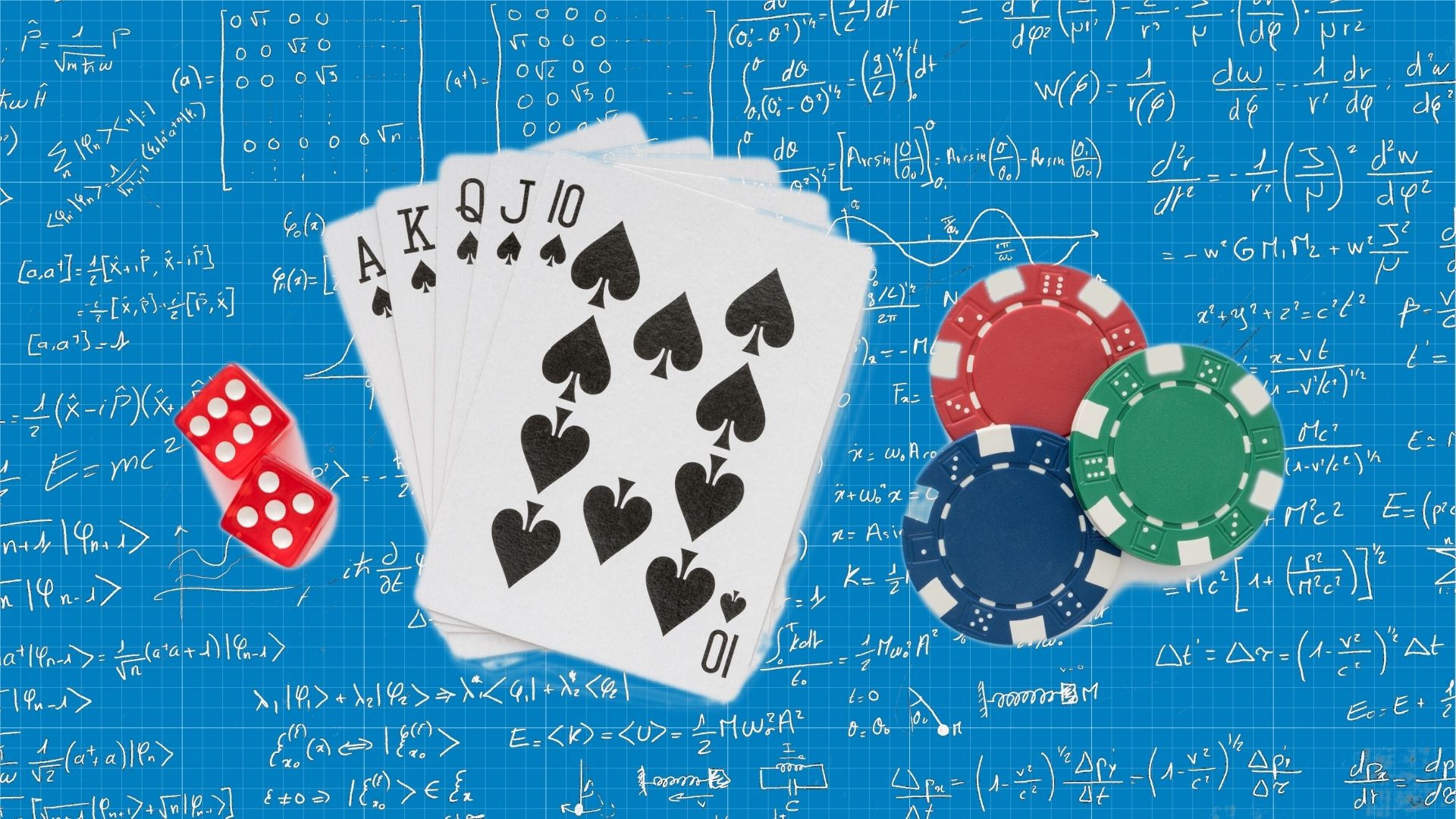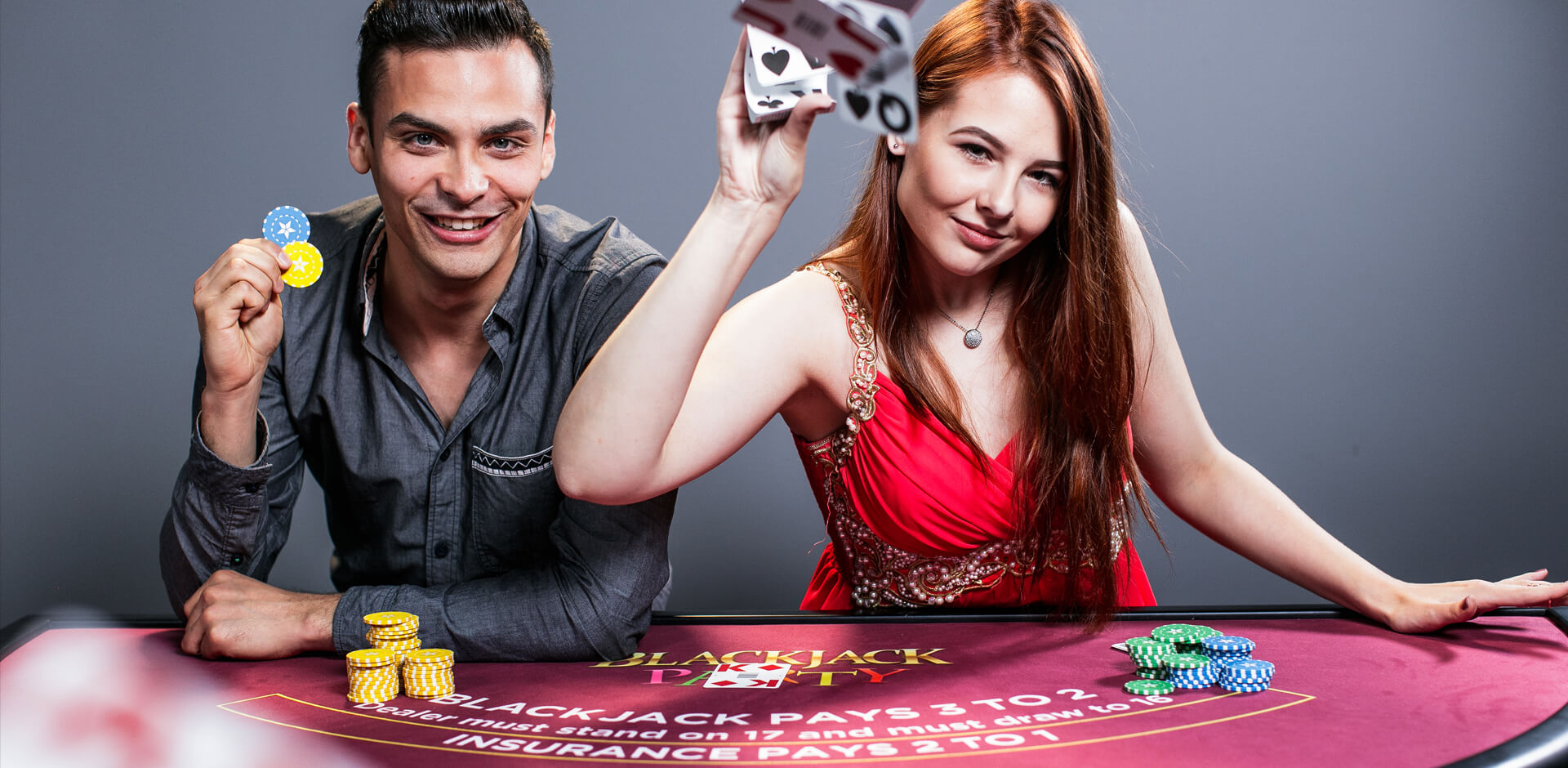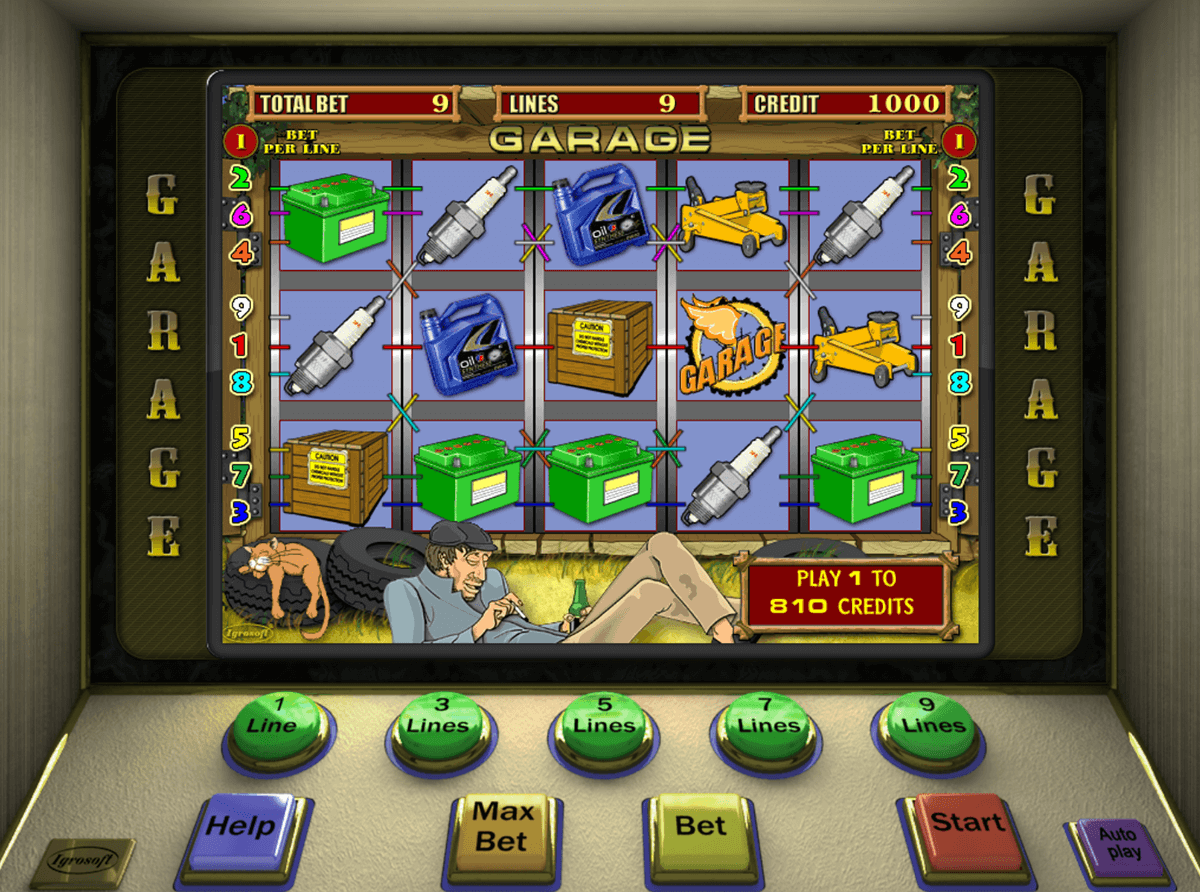Modern video slots operate using software, mathematical algorithms, and random number generators. In most gambling games, the outcome does not depend on the decisions and actions of the gambler. All combinations are generated randomly. Nevertheless, players can calculate the probability of card draws, lottery ticket outcomes, roulette wheel sectors, and more using mathematical calculations.
Probability Theory and Gambling
Significant contributions to the mathematical theory of probability were made by eminent scientists such as Gerolamo Cardano, Blaise Pascal, and Pierre Fermat. In his work, Cardano concluded that to calculate the probability of an event in the game of “Dice,” one should consider the total number of outcomes and the number of ways these results can occur. Then find the ratio of the latter value to the total remaining possible outcomes.
Pascal and Fermat, in their correspondence, were the first to correctly solve the problem of distributing a bet between two participants using mathematical expectation and theorems of probability addition and multiplication. Mathematics can be used in gambling for games such as roulette, dice, poker, the wheel of fortune, bingo, and more. Probability theory works for games in which a player’s decisions and actions affect the outcomes of draws. Probability is a measure of the likelihood of an event occurring. Mathematical calculations assist professional gamblers in winning at online casinos.
How to Use Mathematics in Gambling
In card games, board games, live games, lotteries, dice, much depends on the player’s choice in a particular gaming situation. Therefore, mathematical calculations increase the chances of winning. Players can use the following elements of probability theory:
- Mathematical Expectation: In the context of gambling, it represents the house edge, equal to the ratio of the average win or loss to the initial bet.
- Risk Elements: This is the ratio of the average win or loss to the total amount of money placed as a wager.
- Standard Deviation: This parameter reflects the bankroll’s fluctuations during a specific game.
Gaming events can be dependent or independent. If event A does not affect the probability of event B occurring, these events are considered independent. For instance, if a player flips a coin twice, the outcome of the first flip does not affect the second flip. Therefore, you can calculate the probability of getting heads or tails using the formula (1/2) x 2 = 1/4.
Events are considered dependent if the probability of their occurrence depends on both random factors and the occurrence or non-occurrence of another event. Each new step influences the outcome of the next action. In card games, you can calculate the probability of drawing an ace or another card from the deck when drawing three cards using the formula 4/52 x 3/51 x 2/50 = 0.000181.
The concept of mathematical expectation is widely used in gambling. It represents the average probabilistic value of a random variable. In the context of gambling, it is the sum that a player can win or lose during a long gaming session with the same bets. Mathematical expectation can be positive, negative, or zero. In gambling, players can only win with a positive mathematical expectation during extended sessions.
Probability theory and calculations increase the chances of winning cash prizes. However, it’s important to note that casinos may block players caught using strategies and card counting.







